In Hua Na village, Luc Da commune, every afternoon, walking along the road running through the village center and the ponds and lakes in the village fields, you will see people herding ducks to their pens. Ms. Vi Thi Tu waded into the ditch to check the duck pens. She said that she is currently raising more than 300 meat ducks. "This flock of ducks was expanded from the 100 ducks that I received support from the Farmers' Association's breed sharing model. Thanks to this support, I and many other households have a new direction for economic development," said Ms. Vi Thi Tu.
.jpg)
Talking more about the method of sharing duck breeds in Hua Na village, Ms. Ngan Thi Son - Village Chief said that from the model of the Provincial Farmers' Association supporting 900 duck breeds for 3 households in early 2024, each household received 300 Quy Lai duck breeds. Households that are "sponsored" by the Provincial Farmers' Association will take care of the duck breeds so that they can develop, and when they reach the stage of selling them for commercial purposes, they are committed to using the profit to buy 200 duck breeds to transfer to other households, which people often jokingly call "the 2nd generation". "With the method of transferring support for duck breeds according to the ladder for the "generations", each "step" will reduce 100 duck breeds, so far the source of duck breed support in Hua Na village has been transferred through 3 steps of households", Ms. Son said.
Village Chief Ngan Thi Son was the first pioneer household to implement the project. After about 4 months of caring for 300 ducklings, Ms. Son sold ducks for meat at an average price of 150,000 VND/kg. Each duck weighed about 1.5-2kg. After selling 300 ducks, Ms. Son used some money to buy 200 ducklings and transferred them to the "second generation" household, Ms. Ngan Thi Hoang's household. The cost of buying ducklings depends on the time, fluctuating around 15-20,000 VND/duck.
.jpg)
After 4-5 months of raising, Ms. Ngan Thi Hoang's household harvested and transferred 100 ducklings to Ms. Vi Thi Tu's household. "In this third transfer, 3 households received the breeds, in addition to Ms. Tu, there were also Ha Van Linh and Vi Thi Cau households.
Chairman of the Farmers' Association of Luc Da Commune, Luong Van Tung, said that along with the transferred breeds, households in Hua Na village also participated in borrowing bank loans to invest in more breeds, with each household raising an average of 200-300 ducks/batch. Each year, people raise 2-3 batches. Up to now, most households in Hua Na village raise hybrid ducks, forming a duck-raising village in the direction of green and clean farming, taking advantage of natural food and vegetables in the home garden.
.png)
From this movement, ducks raised in Hua Na are gradually becoming "famous" in Luc Da as well as neighboring communes thanks to the delicious quality of their meat, which is well received by the market and traders who come to buy them at home for the people.
During holidays and Tet, people in the villages of Luc Da often organize many meetings, cultural and artistic exchanges, along with bustling culinary activities with traditional dishes of the ethnic groups here.
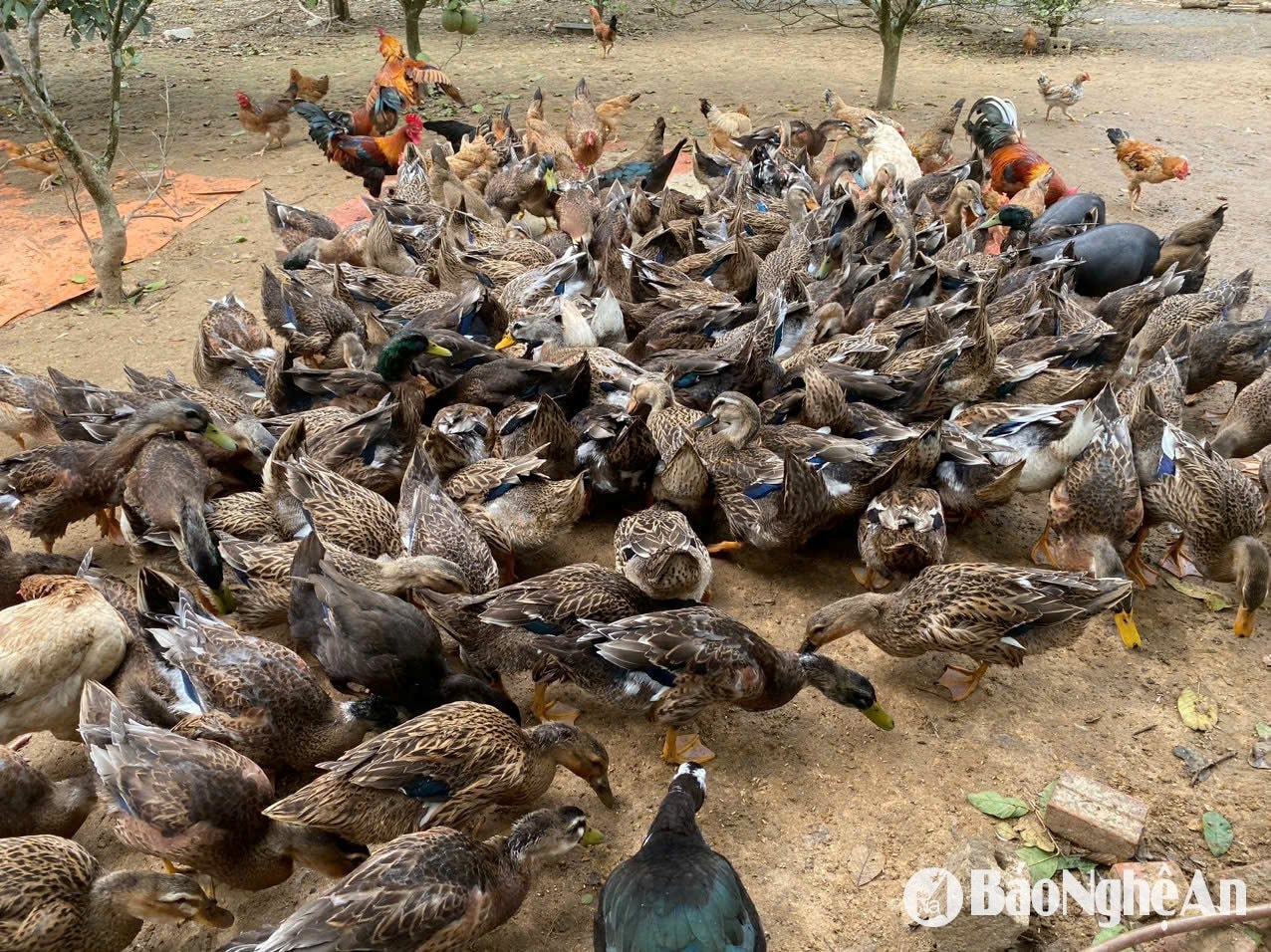
Ms. Ngan Thi Son - Head of Hua Na village added that the traditional culinary customs of the Thai people cannot lack grilled chicken, pork, sticky rice, fish soup, croissant cakes... and in the past two years, grilled duck has gradually appeared on the dining tables of families, especially during festivals, holidays and Tet. It is worth mentioning that the source of duck meat is raised by local people in a green and clean way.
Source: https://baonghean.vn/danh-tieng-lang-nuoi-vit-hua-na-o-huyen-mien-nui-con-cuong-10295901.html




![[Photo] Party and State leaders visit President Ho Chi Minh's Mausoleum](https://vphoto.vietnam.vn/thumb/1200x675/vietnam/resource/IMAGE/2025/5/19/d7e02f242af84752902b22a7208674ac)
![[Photo] Party and State leaders attend the special art program "You are Ho Chi Minh"](https://vphoto.vietnam.vn/thumb/1200x675/vietnam/resource/IMAGE/2025/5/18/6895913f94fd4c51aa4564ab14c3f250)
![[Photo] Special flag-raising ceremony to celebrate the 135th birthday of President Ho Chi Minh](https://vphoto.vietnam.vn/thumb/1200x675/vietnam/resource/IMAGE/2025/5/19/1c5ec80249cc4ef3a5226e366e7e58f1)















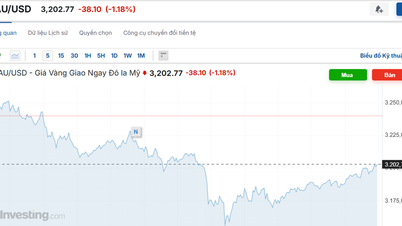
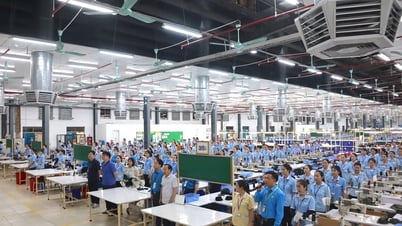

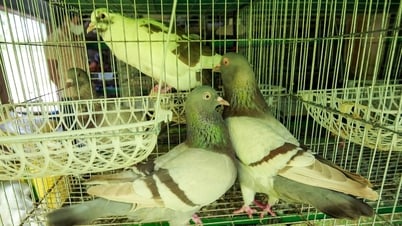
















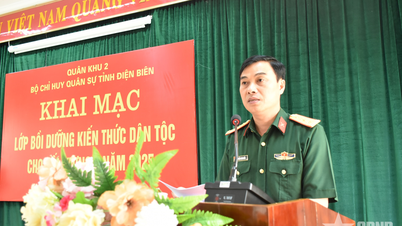










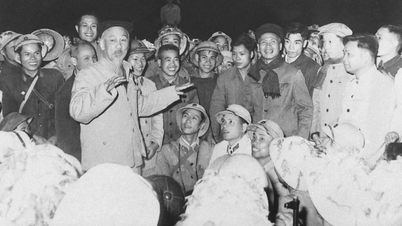












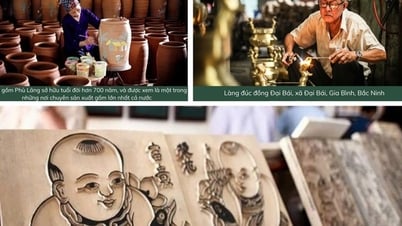



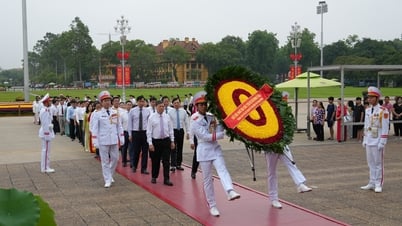



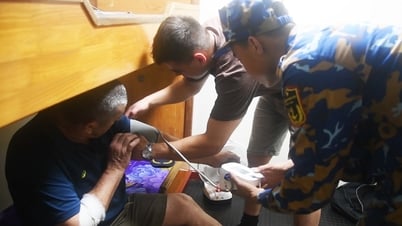














Comment (0)